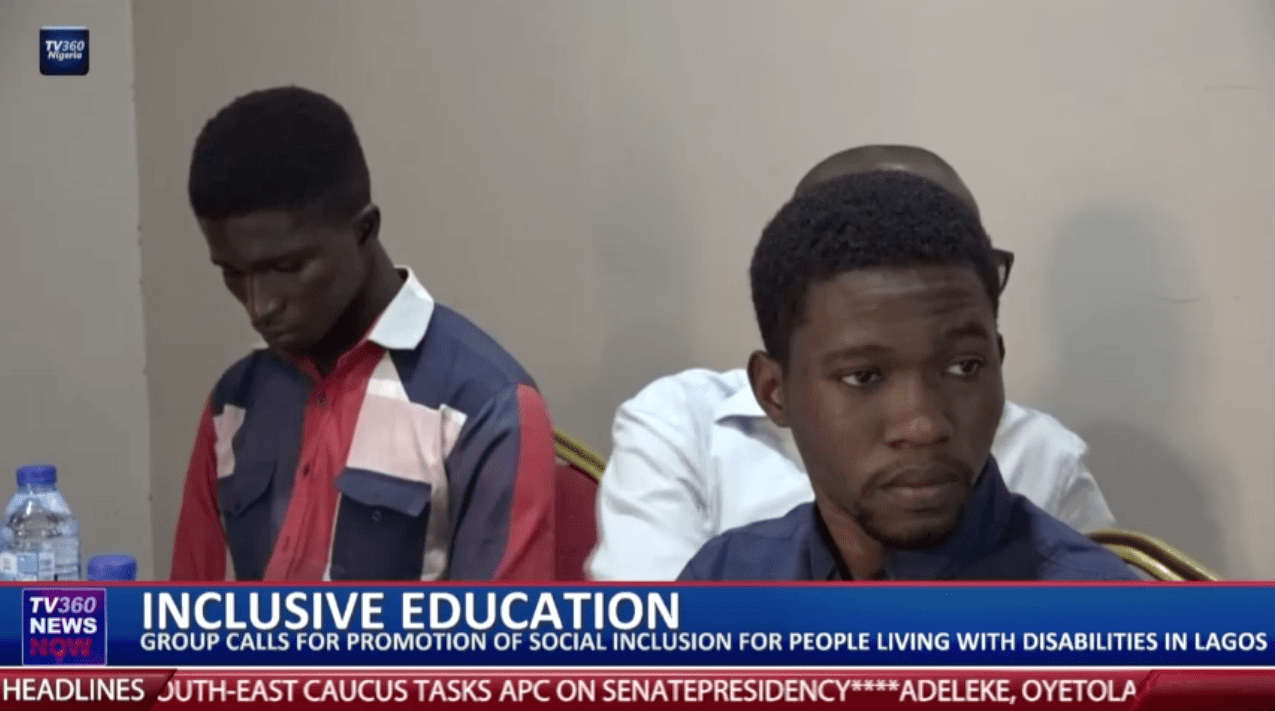
President Bola Tinubu has expressed his deep concern over the political situation in Gabon and the socio-political stability in that country.
Tinubu’s reaction came just hours after a group of Gabonese military soldiers appeared on television on Wednesday, declaring that they were “putting an end to the current regime” and calling off an election that President Ali Bongo Ondimba had won, according to official results.
While meeting with journalists, Ajuri Ngelale, Special Adviser to the President on Media and Publicity, reiterated Tinubu’s opinion that the rule of law and a faithful recourse to constitutional resolution of electoral issues must not expire in Africa.
“President Bola Ahmed Tinubu is watching developments in Gabon very closely with deep concern for the country’s sociopolitical stability and the seeming autocratic contagion apparently spreading across different regions of our beloved continent,” he said.
“The president, as a man who has made significant personal sacrifices in his own life, in the cause of advancing and defending democracy, has all of the unwavering belief that power belongs in the hands of Africa’s great people, and not in the barrel of a loaded gun.”
Ngelale added that Tinubu affirmed that “the rule of law and a faithful recourse to constitutional resolutions and instruments of electoral dispute resolution must not at any time be allowed to perish from our great continent”.
According to him, the President is “working very closely and continuing to communicate with other heads of state in the African Union towards a comprehensive consensus on the next steps forward with respect to how the crisis in Gabon will play out into how the continent will respond to the contagion of autocracy we are seeing spread across our continent”.





